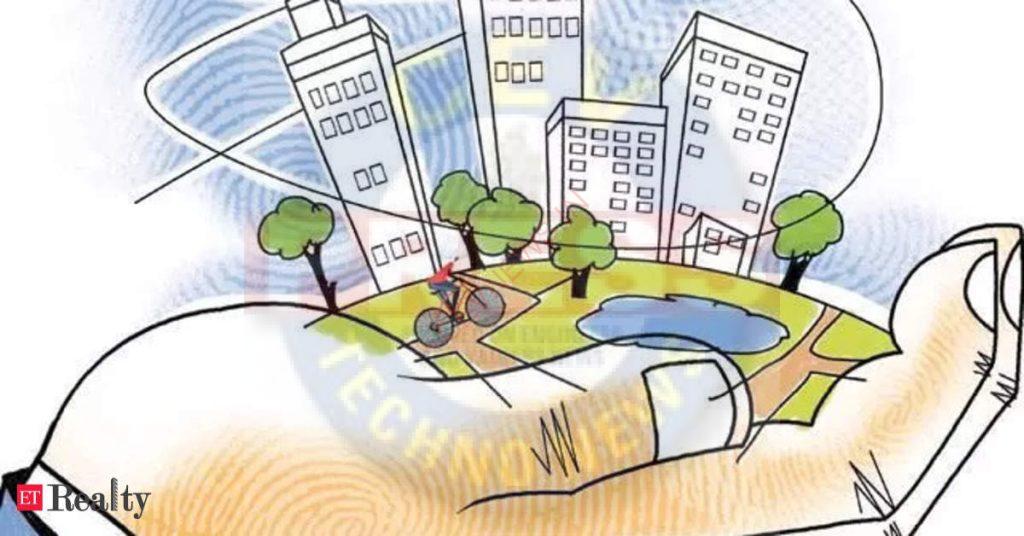DEFINITION OF PARALLEL ECONOMY
A parallel economy, also known as a shadow economy or underground economy, refers to a part of the economic system that operates outside of official channels and is not monitored or taxed by the government. It typically includes activities such as unreported employment, illegal trade, and informal transactions that are conducted in cash to avoid detection and regulation.
The parallel economy is often associated with criminal activities such as drug trafficking, prostitution, and money laundering. However, it can also include legitimate businesses and individuals who operate in the informal sector to avoid paying taxes, fees, and regulations.
The size and scope of the parallel economy vary from country to country, and it can have significant economic, social, and political implications. It can lead to lost tax revenue for the government, reduced economic growth, and increased inequality. Additionally, it can undermine the rule of law and democratic institutions by providing a source of funding for criminal and terrorist organizations.
A parallel economy, also known as a shadow economy or informal economy, refers to economic activities that take place outside of the formal channels of government regulation and oversight. This can include unreported income, undeclared work, and transactions that occur outside of the legal framework.
Examples of parallel economic activities include:
- Underground businesses that operate without legal registration, licenses, or permits.
- Unreported income from legal activities, such as wages or self-employment earnings, that are not reported to tax authorities.
- Illegal activities, such as drug trafficking or money laundering, that generate income outside of legal channels.
- Informal economic activities, such as street vending or small-scale agriculture, that are not fully integrated into the formal economy.
The parallel economy is often associated with high levels of informality and low levels of transparency, which can create challenges for governments seeking to regulate economic activity and collect taxes. Some argue that the parallel economy can also lead to increased economic inequality, as those who participate in informal economic activities may not have access to the same legal protections and benefits as those who operate within the formal economy.
Controlling parallel economy can be a complex and challenging task for governments, but some approaches that have been used to address it include:
- Strengthening tax administration: Governments can improve their tax collection systems to make it more difficult for individuals and businesses to evade taxes. This can be achieved by increasing the use of electronic payment methods, strengthening tax audit capabilities, and imposing stricter penalties for tax evasion.
- Formalizing informal sectors: Informal sectors often contribute to the parallel economy. Governments can work to formalize these sectors by providing incentives for businesses to register and comply with regulations. This can help to bring them into the formal economy, increase government revenue, and improve the quality of goods and services.
- Reducing corruption: Corruption can facilitate parallel economy activities. Therefore, addressing corruption can be an effective way to control the parallel economy. Governments can establish anti-corruption measures, such as increasing transparency in public procurement processes and implementing codes of conduct for public officials.
- Promoting financial inclusion: A lack of access to formal financial services can lead individuals and businesses to operate in the parallel economy. Governments can promote financial inclusion by increasing access to formal financial services and promoting financial literacy.
- Improving law enforcement: Governments can improve their law enforcement capabilities to combat illegal activities that contribute to the parallel economy. This can involve increasing resources for law enforcement agencies, strengthening border controls, and imposing stricter penalties for illegal activities such as smuggling and the sale of counterfeit goods.
Overall, controlling the parallel economy requires a multi-faceted approach that involves a combination of regulatory, economic, and law enforcement measures.

FOR MANY MORE UPDATES AVAILABLE CLICK BELOW
CLICK THE BELOW LINK TO READ THE COMPLETE CONTENTS
SOME CONTENTS OF THIS WEBSITE ARE FOR GOLD SUBSCRIBERS ONLY.
Join us as a GOLD SUBSCRIBER and get access to read important books.
KIND ATTENTION
We are going to close all what’s groups of CEV soon due to difficulties in posting information or message in more than 5 groups of CEV at a time.
All future posts of empanelment notices & professional importance will be shared on
1. https://t.me/+dbHNkNO22xsyYTY1
2. www.valuerworld.com
3. The Twitter handle of CEV India
https://twitter.com/cevindia?t=XbqlvnwUVz1G3uPgs749ww&s=09
after closing the groups.
All members of these groups are requested to register themselves at the following link immediately for Getting all related timely updates

